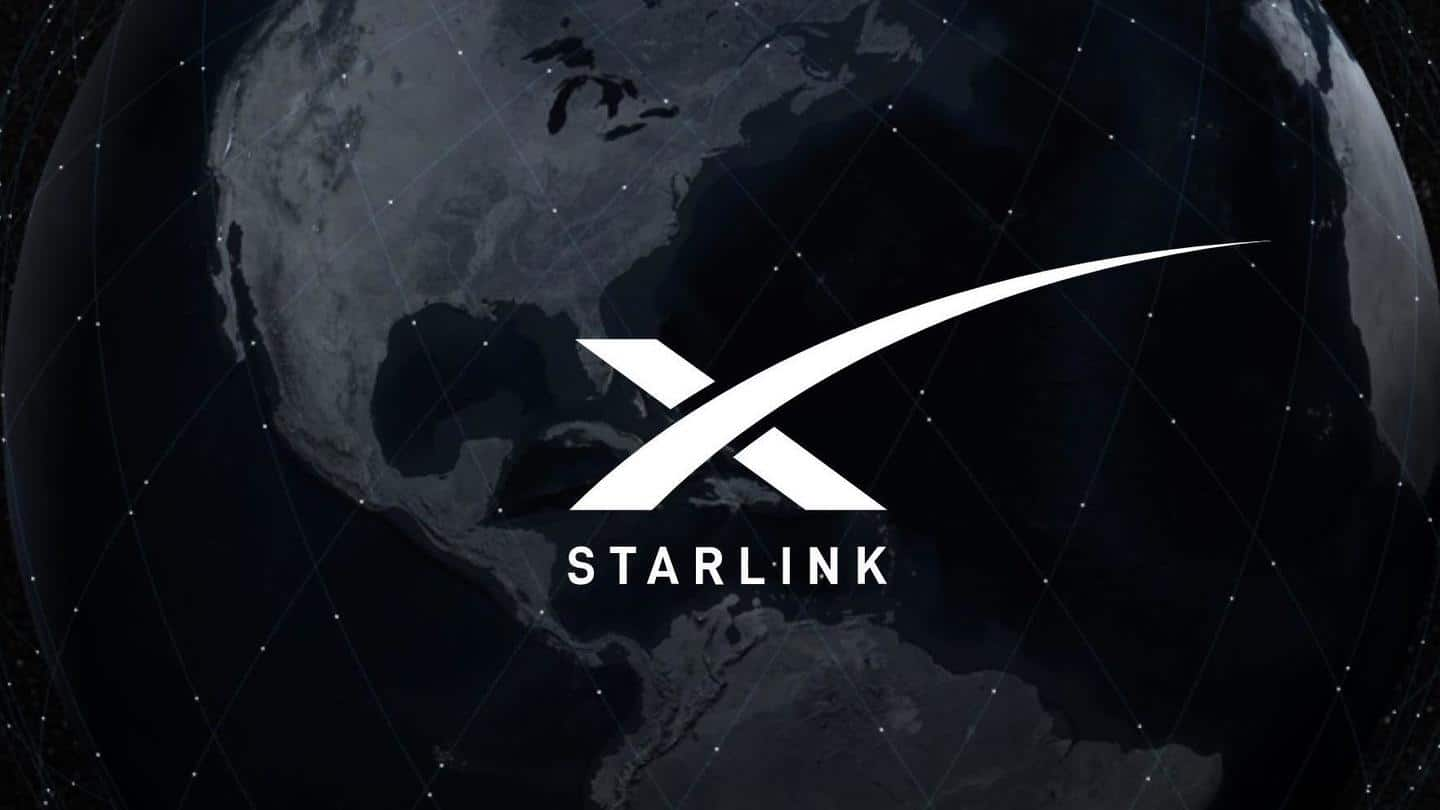
Starlink passes 10,000 users, counters objections to FCC funding
What's the story
Lobbyists for small Internet Service Providers (ISPs) in the US are urging the Federal Communications Commission (FCC) to investigate SpaceX's Starlink program. Starlink was in the limelight recently for launching Low-Earth Orbit (LEO) satellites to provide internet connectivity to underserved citizens. SpaceX says Starlink's beta program serves broadband to 10,000 users. It is the only LEO satellite ISP to receive FCC funding.
The next billion
FCC funding program established to improve rural internet connectivity
FCC's Rural Digital Opportunity Fund (RDOF) will give SpaceX $885.51 million over a period of 10 years to bring broadband to 642,925 homes in 35 American states. Following application submissions until January 29, other RDOF applicants raised concerns about Starlink's LEO technology and its ability to meet FCC's minimum requirements for the funding.
Threat perception
Electric co-ops bid in gigabit tier; Starlink outperforms baseline tier
The smaller ISPs that are mostly electric co-ops, bid for the RDOF in FCC's gigabit tier delivering internet using fiber. SpaceX promised services in FCC's "Above Baseline" tier, but the service has demonstrated it can surpass the "Above Baseline" and "Low Latency" performance tiers. Backed by its growing satellite network, SpaceX has assured Starlink beta users the service will improve over time.
Running scared
American electric cooperatives file white paper with FCC over Starlink
NRECA and NRTC have formally submitted a white paper to the FCC citing Starlink's beta status. The groups questioned SpaceX's satellite offerings' limited commercial availability and its ability to perform at certain speed-latency combinations required by the FCC. They also said awarding bids to the unproven LEO satellite program is a direct contradiction of FCC requirements for RDOF.
Going all out
Starlink already meeting latency requirements; FCC's line of action unclear
In an unrelated recent FCC filing, Starlink said it provides 100Mbps download and 20Mbps upload speeds at 31 ms latency 95 percent of the time. RDOF funding is paid for by Americans through fees imposed on phone bills. It is unclear whether the FCC will act upon the concerns raised as Starlink seems to be meeting the criterion under which it sought funding.